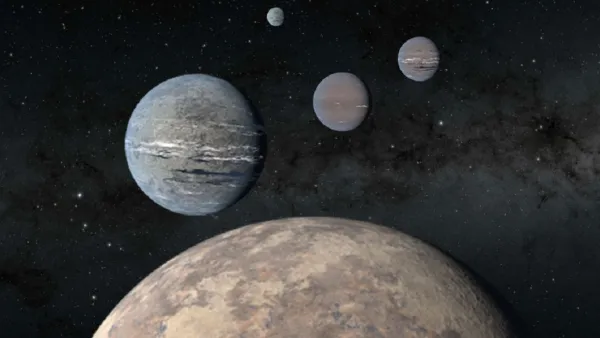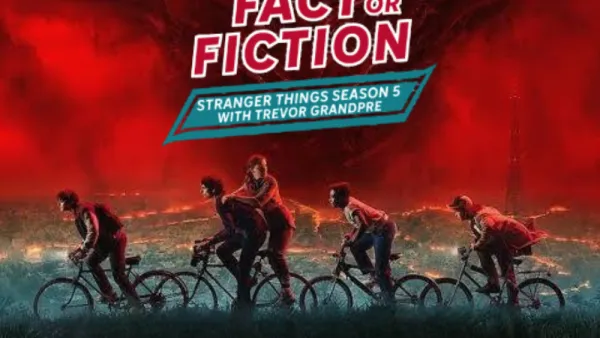NASA is awarding a total of $6.5 million to U.S. institutions for education and training in open science. The premise of open science is that research and the data it generates should be more accessible, inclusive, and transparent for everyone from the scientist and student to the city manager and citizen.
Tansu Daylan, who will be joining the Department of Physics this September as an Assistant Professor, has been awarded a NASA grant in the ScienceCore Curriculum as part of the agency’s Open-Source Science Initiative (OSSI). A key component of the OSSI is the Transform to Open Science (TOPS) project, which helps researchers at NASA and beyond put open science into practice. Daylan will be the Principal Investigator for "ExoCore: An open science curriculum for enhanced reproducibility and equity in exoplanet research."
Daylan says, "Our ability to discover and characterize planets beyond our Solar System is developing fast, and the compelling nature of exoplanet research has made it a significant driver of contemporary astrophysics. Once I start at WashU in the fall, my team will develop ExoCore to support NASA's coordinated efforts in its Transform to Open Science (TOPS) program. ExoCore will be a comprehensive open science curriculum covering exoplanet research. ExoCore will be used by capacity-building activities such as summer schools and virtual cohorts and introduce the audience to major data sets used in exoplanet research, focusing on the criticality of transparency and reproducibility. My aim with ExoCore is to advance open science literacy, lower the entry barrier to exoplanet research by making it easier for new researchers to produce high-impact results, make methodologies easier to find and reproduce, accelerate the adoption of open science practices and principles, and reveal the discovery potential of public tools and data.”
“NASA is opening up science like never before," said Chelle Gentemann, program scientist for TOPS. "Opening science calls for a shift in both the culture of science and how we conduct research. These awards equip interested scientists and researchers to become the next leaders and innovators working in the open to transform their fields.”
TOPS projects target scientists and researchers at all levels of their careers – from undergraduate students to principal investigators to program managers. TOPS summer schools and virtual cohorts promote understanding of open science using an introductory curriculum called Open Science 101. A new curriculum called ScienceCore helps learners increase their knowledge and skills in specific disciplines.
“We are building an open science ecosystem for a more equitable, impactful, and efficient scientific future,” said Yaítza Luna-Cruz, program officer for the TOPS Training (TOPST) initiative. “Open science is about making sure that scientific knowledge is not only accessible, but also reproducible and inclusive. TOPS is a crucial step towards increasing participation of historically excluded groups across NASA Science.”



